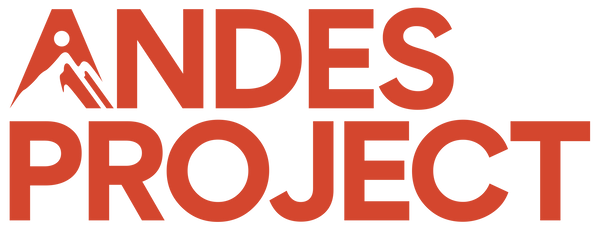Well. Well. Well. Its been some time.
Usually these blogs are written at times of immense frustration and stress of trying to source our beloved Venezuelan specialty coffee – they certainly have been in the past – but in the last few months we have been consolidating our project a little bit, and enjoying the beans we have been sourcing.
Lets not forget, this time last year we still had diddly squat. Nada. Zilch. Without a brand name behind us and without being a roaster of any repute, even the shadiest of sources both in and outside of Venezuela, were not giving us much of a break. Now however, and thanks to the partners and farms we work with, we currently hold a changing stock of Venezuelan specialty coffees across 3 states! So, for a while, as we grow a little here and quite literally ‘smell the coffee’, we have relaxed…
But god dammit not anymore! It’s the chase, the hunt, the thrill of finding a hidden gem of a bean that has got us back on the train to broaden our range even further. Luckily we have some of the best customers and supporters going, who have put us onto family members and friends who either work on farms or are current coffee producers… always invaluable connections which even if nothing amounts from them trade wise, have given us great relationships and knowledge of the current state of the industry from across the country.
These are individuals that are swimming up stream so to speak. The most resilient amongst resilient people who continue to hone their craft in an environment that that has been challenging for decades. This week in fact, such an environment will reach another political peak, with the outcome and fallout still yet to be decided. But without complaint; without the possibility of international certification; without great profit; without national support and without hesitation, we speak to farmers that wake up every day with the goal of silently producing some of the best tasting and highest quality specialty arabica beans possible.
It is these individuals that we look to showcase and bring to your coffee shops, and work places and kitchens. That’s why alongside our current coffees brought over with the help of our current fantastic partners and farms, we are actively working on some samples from Colonia Tovar (interesting place in its own right…) as well as beans from Táchira (famously for us, the “one that got away”). Into this sampling process, if we are speaking to farms direct and without certain very helpful partners, these are the three major factors that come into play.
Quality:
The quality of the beans is paramount. We are only looking for specialty grade coffee and to achieve a score of 80+ out of 100, a lot goes into this. For this, we look to get beans Q graded both in Venezuela and here in the UK. From past experiences, the scores have never differed by more than a point.
Taste:
Of course, the above score gives an indication that the coffee beans will have a more complex flavour profile and tasting notes. Overall, it’s a nod that the coffee will be more balanced too. However, as much as you would think a great score makes a great cup, its not ALWAYS an exact science. Coffee is a crop, and despite its quality, sometimes it just doesn’t have ‘it’.
Logistics:
The final boss, that has been a mountain to climb for us on many an occasion. For our main coffees now, we have made relationships with the best people, who just seem to have worked tirelessly to get this down to a T and build a great chain. Doing this independently however is not for the faint-hearted as Venezuelan red-tape is enough to deter anyone. We have to look if it is possible to export from the farm, and then import into the UK, both requiring separate paperwork, often dominated by complexities and middle men on the origins side and sadly, none of which benefits the farmers. If this final hurdle can’t be climbed, then its back to the drawing board.
We will keep you in the loop, but continue to keep us in the loop by pinging across those amazing connections! The hunt for Maracaibos is on for 2025…

